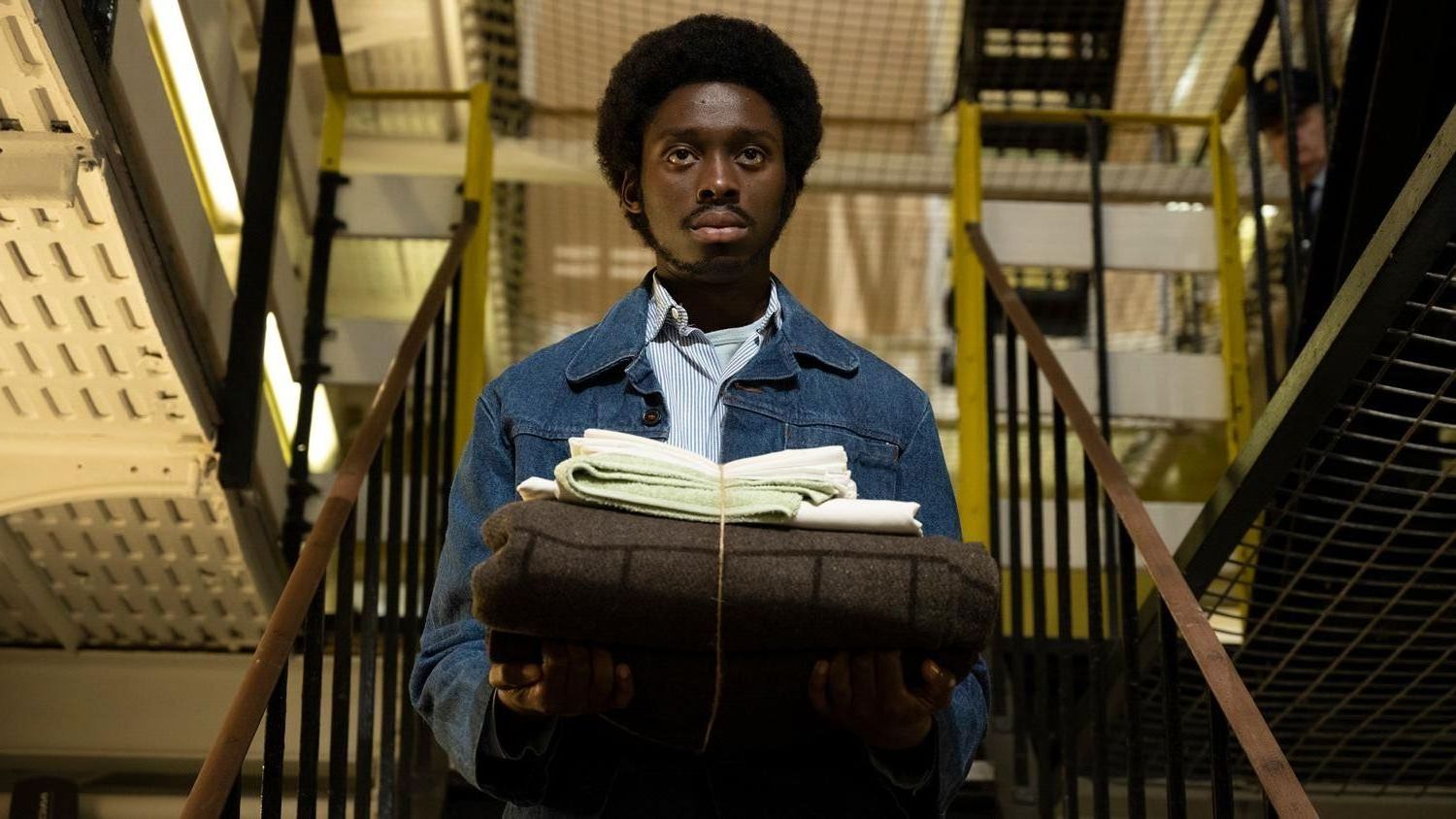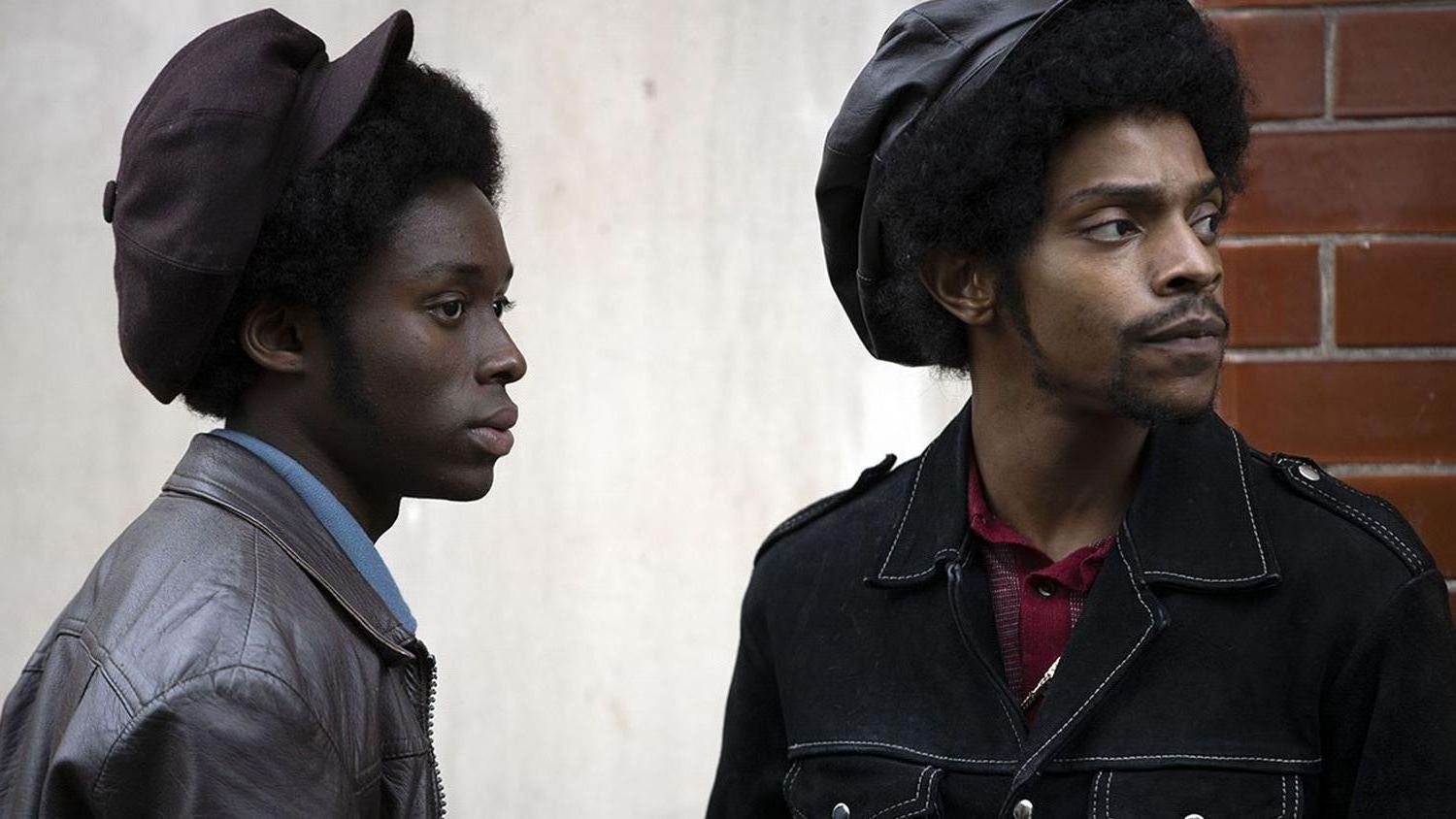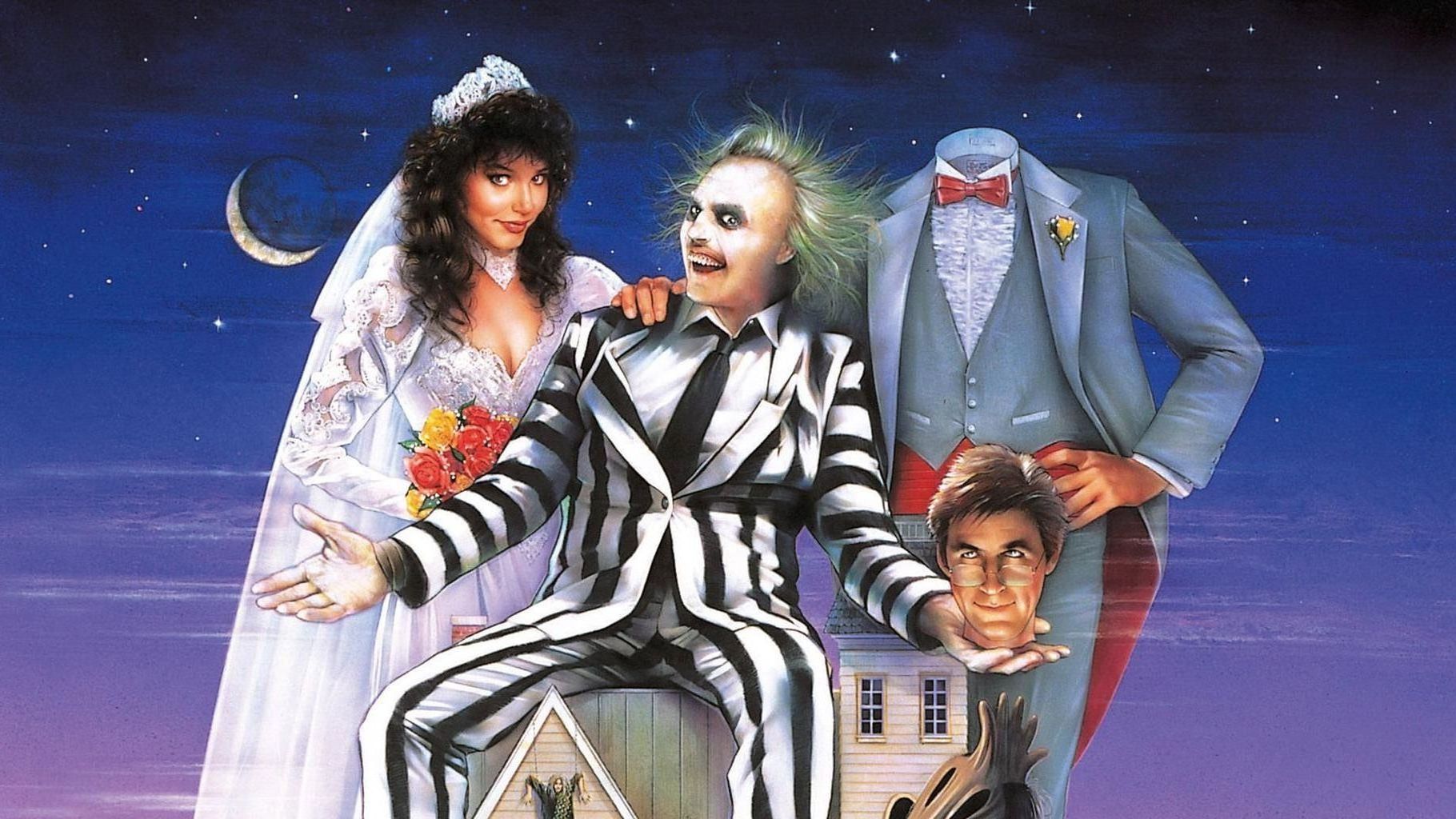
Alex Wheatle Review Movie
Alex Wheatle Review
Thematically united by the theme that speak of British institutionalism, every aspect in Small Axe has focused in the aspects of our country's past that were deliberately ignored, or brushed aside as absurd mishaps, and as part of the prevailing perception that there is more civility here than in the United States. Alex Wheatle might be the most representative of the overall concept behind Steve McQueen's show in highlighting the need to rethink this perspective and to dig into the past to understand the meaning and understand what's happening in the world today.

In the wake of the John Boyega-directed Red white And Blue, for McQueen to take on this dark historical period of Britain through a biopic may appear to be a stale and uninspired choice in the abstract, however it's an exciting. It's huge in scope, covering across the period from 1960s rural England until the 1980s in Brixton The film retains the intimate focus and feel of the other films by focusing on the character of Wheatle and the struggles of being adrift from his family, or even any genuine sense of community. The film is a bridge in between present (where Wheatle is imprisoned for his involvement in the Brixton revolt) as well as the distant past McQueen investigates Wheatle's childhood experiences with social services as well as the effects of the establishments that are predominantly white and have nothing to do with hatred for Wheatle. For Wheatle his character, Sheyi Cole (in his screen debut) delivers a confident and passionate performance that's thrilling in its deliberate shift from a sluggish fish out of water to an empowered and vocal part within the local community.
The main strength that is Alex Wheatle, thanks to co-writers McQueen and Alastair Siddons is its expertly examining how classism, racism various systems and even smaller-scale prejudices of individuals overlap and feed back into one another the vast tapestry is presented by a particular viewpoint. What's more remarkable is the moment when McQueen expands the scope of this using a masterful use of archive images of the Brixton uprising. The black-and-white still images clearly evoking the same feelings of anger as of the film's more ferocious historical reconstructions.
